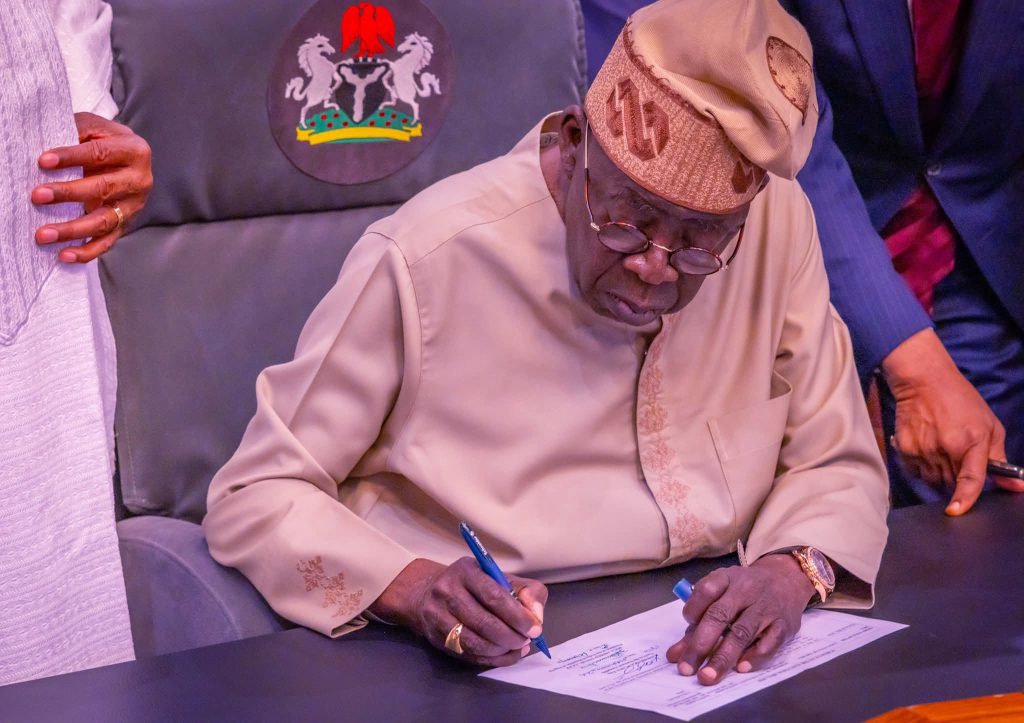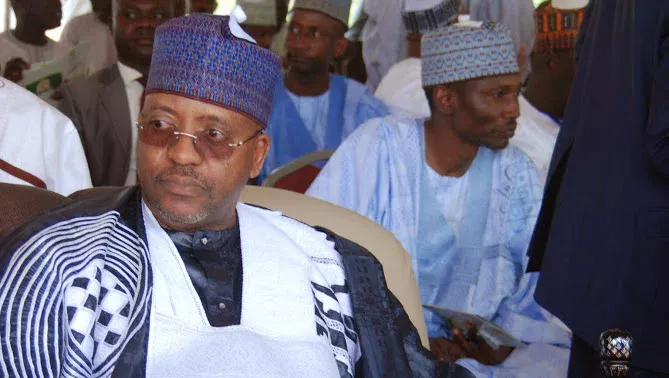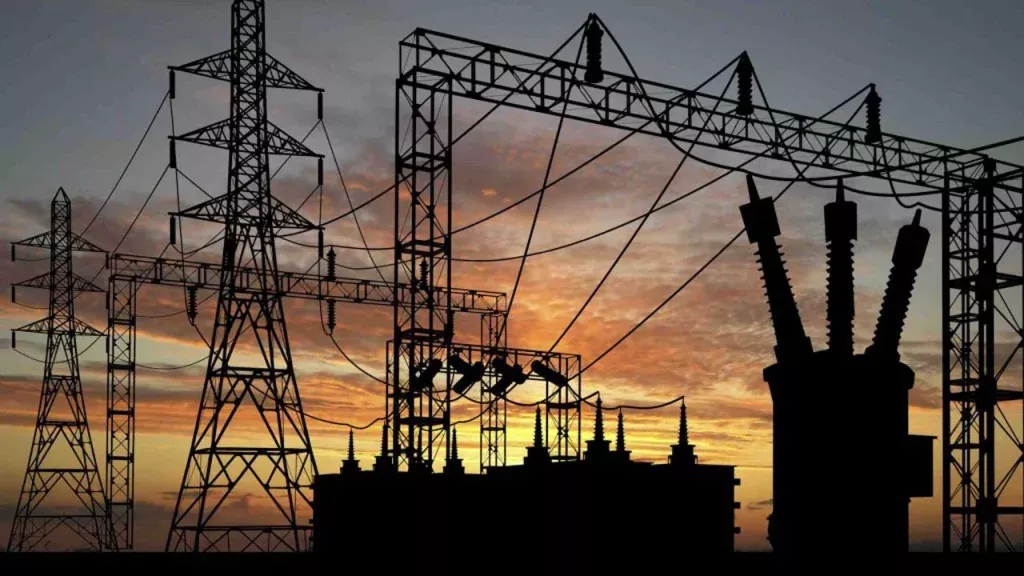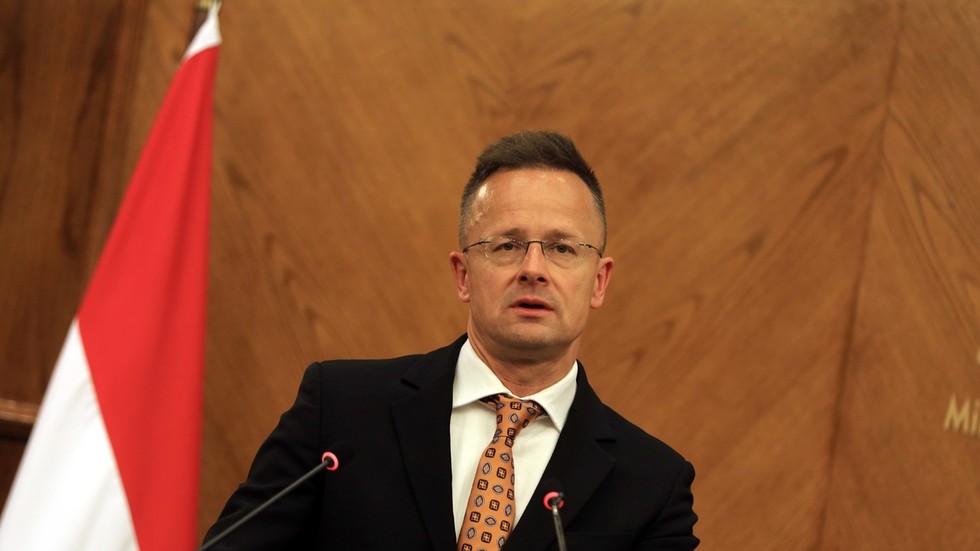Nigeria has achieved a significant milestone by becoming a net exporter, recording a trade surplus for five consecutive quarters. According to President Bola Tinubu, the country’s trade surplus increased by 44.3% in Q2 2025 to ₦7.46 trillion ($4.74 billion), the largest in about three years. This surge is attributed to a 173% jump in goods manufactured in Nigeria and exported, with non-oil exports now accounting for 48% of the Federal Government’s revenue.
President Tinubu highlighted the country’s economic growth, citing a stronger external reserve of $42.03 billion in September 2025, the highest since 2019. The tax-to-GDP ratio has also risen to 13.5%, with expectations of further increase with the new tax law set to take effect in January. The President emphasized that the new tax law aims to expand the tax base, providing relief to low-income earners rather than increasing the burden on existing taxpayers.
The country has also seen a rebound in oil production, reaching 1.68 million barrels per day, attributed to improved security, new investments, and better stakeholder management in the Niger Delta. Additionally, Nigeria has made notable advancements in refining PMS domestically for the first time in four decades and has established itself as the continent’s leading exporter of aviation fuel.
The Naira has stabilized, with the gap between the official rate and the unofficial market reduced substantially following FX reforms and fresh capital and remittance inflows. The multiple exchange rates, which previously fostered corruption and arbitrage, have been abolished. The President also noted that the country’s currency rate against the dollar is no longer determined by fluctuations in crude oil prices.
Under the social investment programme, ₦330 billion has been disbursed to eight million households, supporting poor households and vulnerable Nigerians. The solid mineral sector has also seen significant growth, with coal mining recovering dramatically from a 22% decline in Q1 to 57.5% growth in Q2. The administration is expanding transport infrastructure across the country, with notable projects including the Kano-Kastina-Maradi Standard Gauge rail project and the Kaduna-Kano rail line.
The stock market has recorded a boom, with sovereign credit rating agencies upgrading their outlook for Nigeria in recognition of the country’s improved economic fundamentals. The all-share index has risen to 142,000 points as of September 26, 2025, from 55,000 points in May 2003. The Central Bank of Nigeria has also cut interest rates to 27%, expressing confidence in the country’s macroeconomic stability.
The President emphasized that the economy is recovering fast, with the second quarter 2025 Gross Domestic Product growing by 4.23%, outpacing the 3.4% projected by the International Monetary Fund. Inflation has declined to 20.12% in August 2025, the lowest level in three years. The administration is working to boost agricultural production and ensure food security, reducing food costs. With 12 remarkable economic milestones achieved in the last two years, Nigeria’s economic future looks promising, with a significant shift away from dependence on oil revenue.



